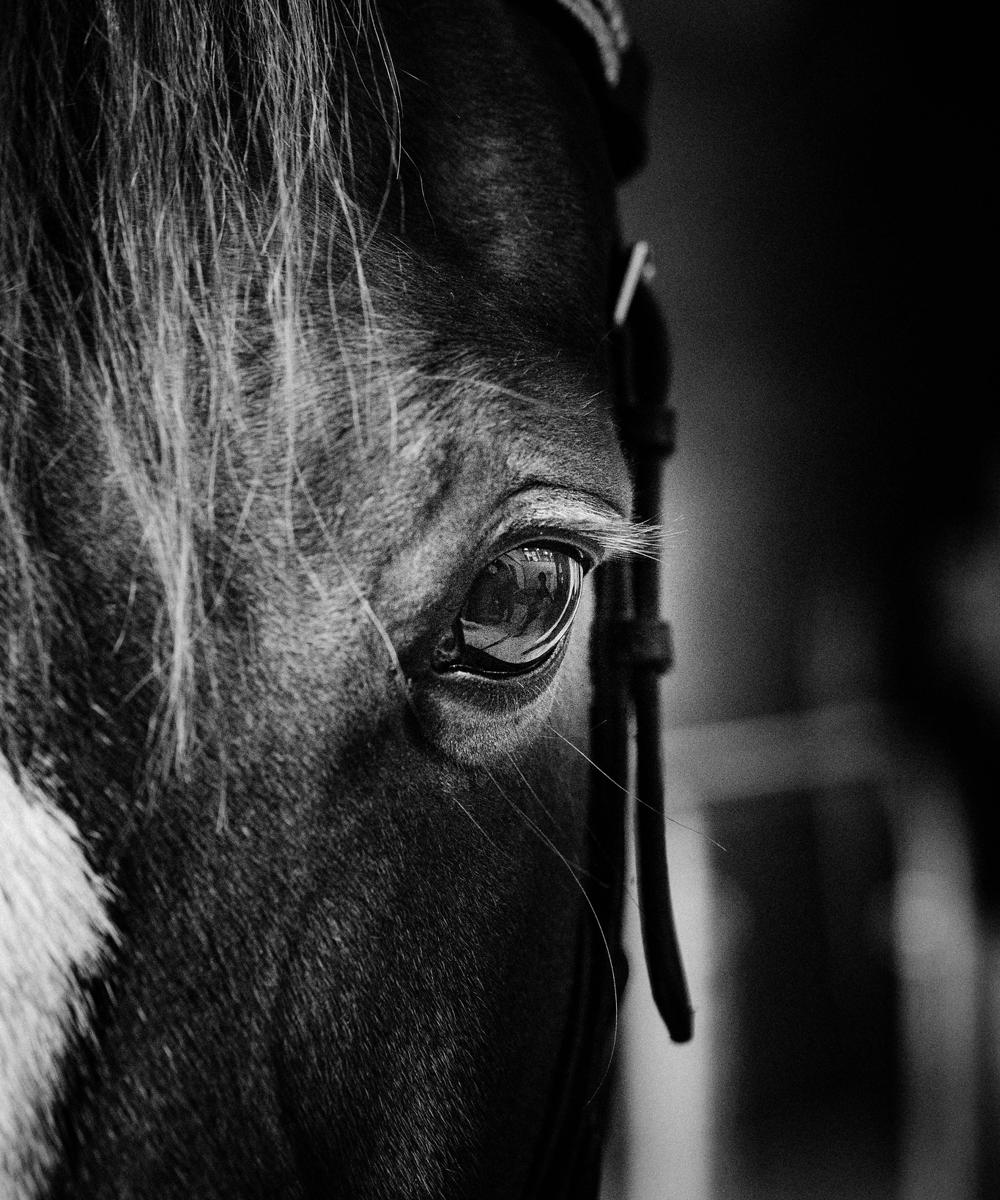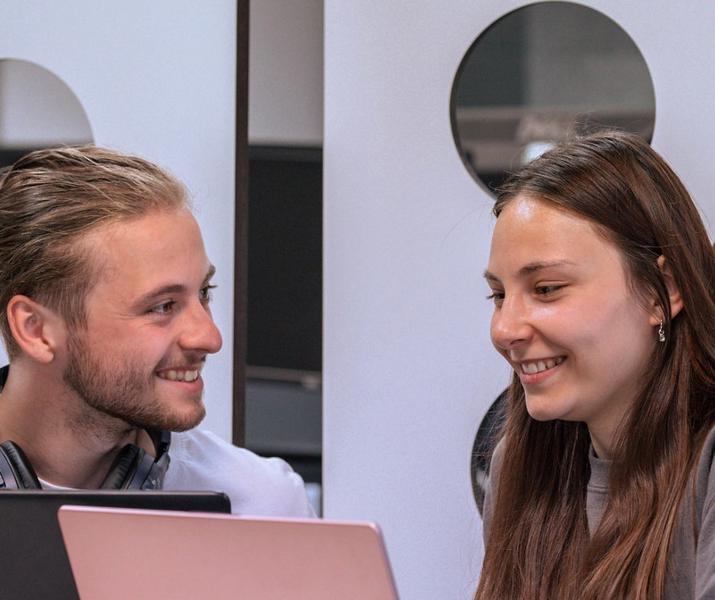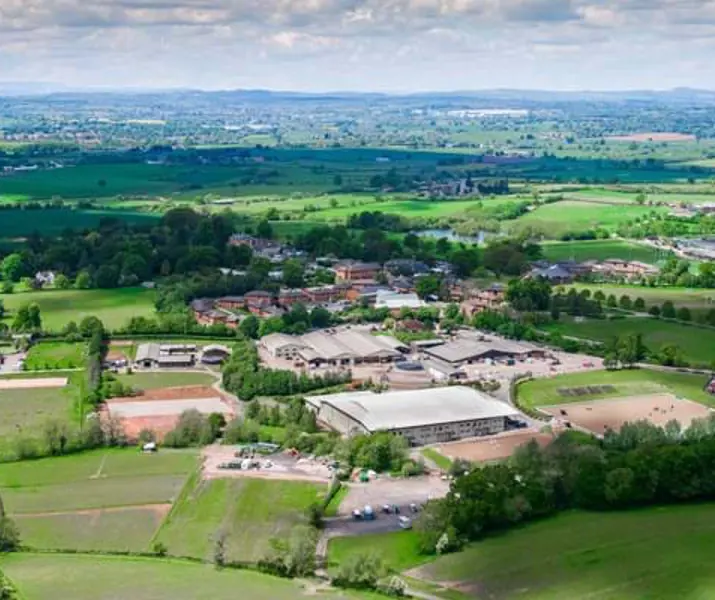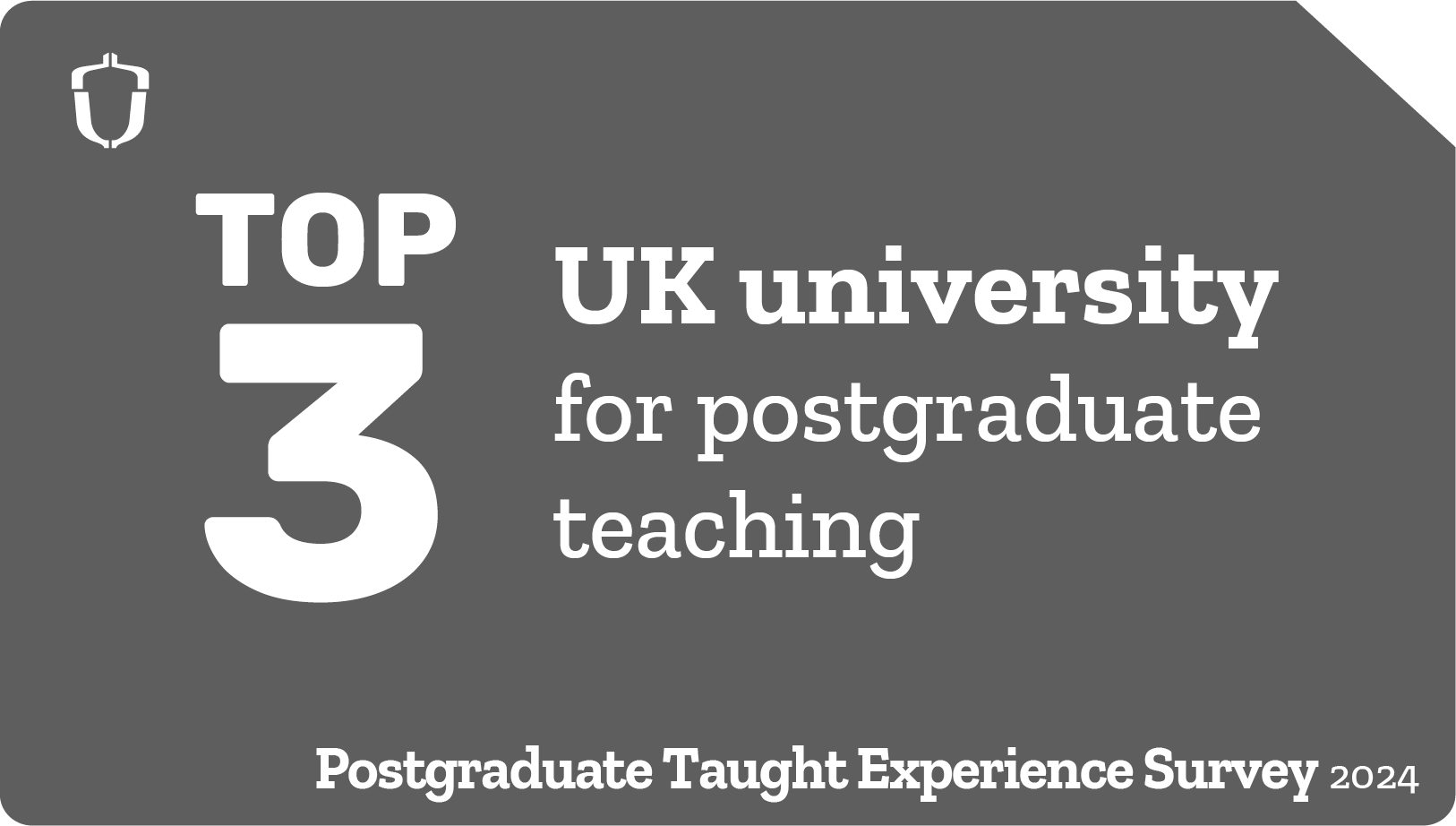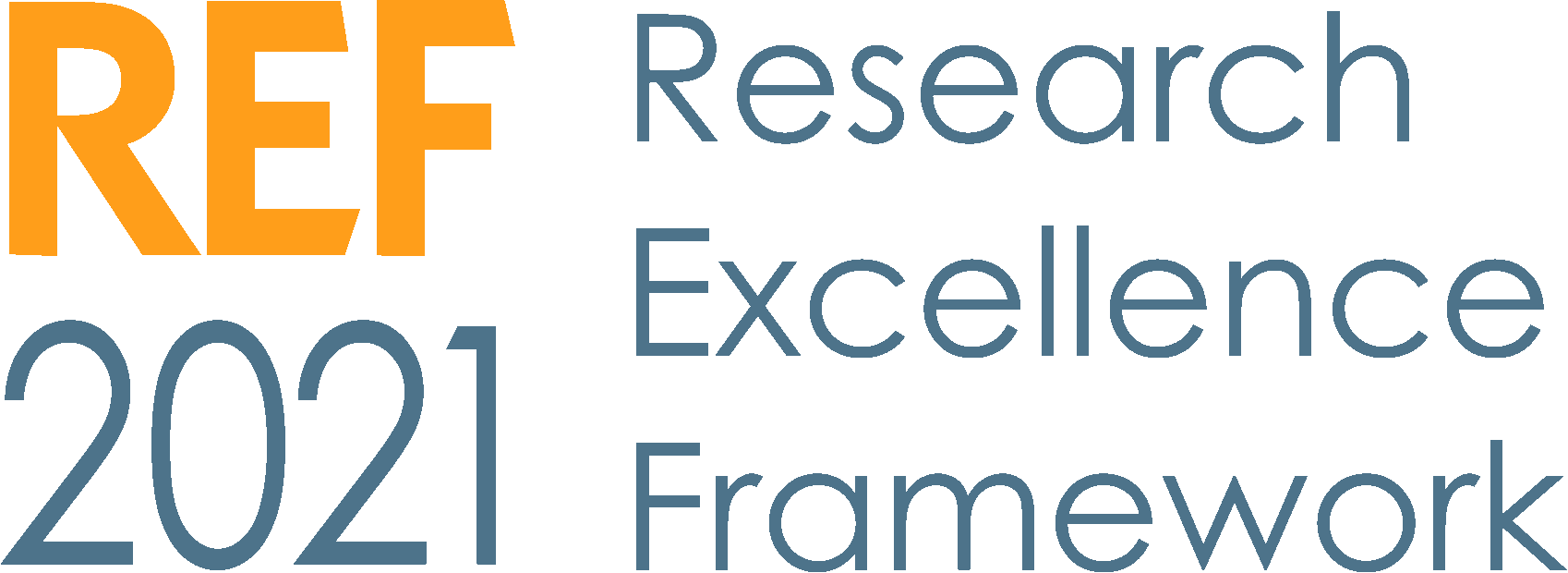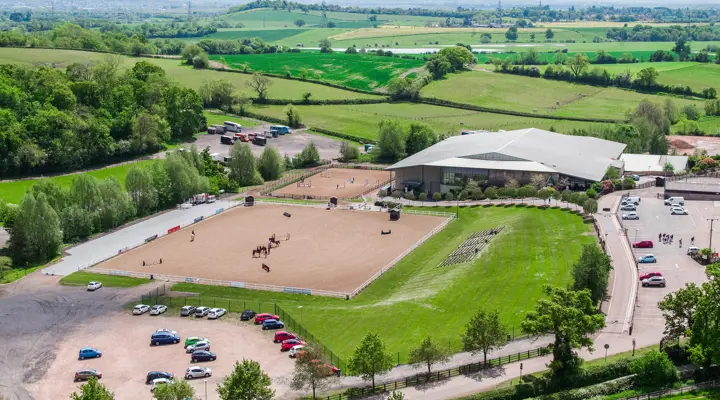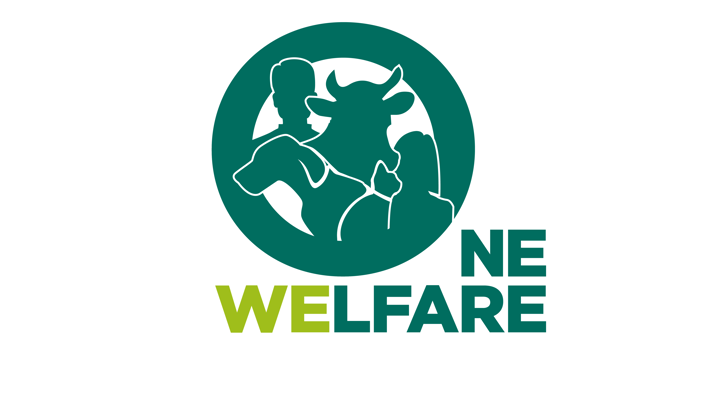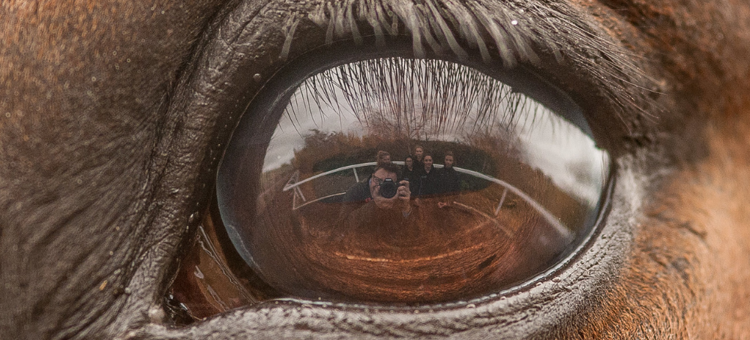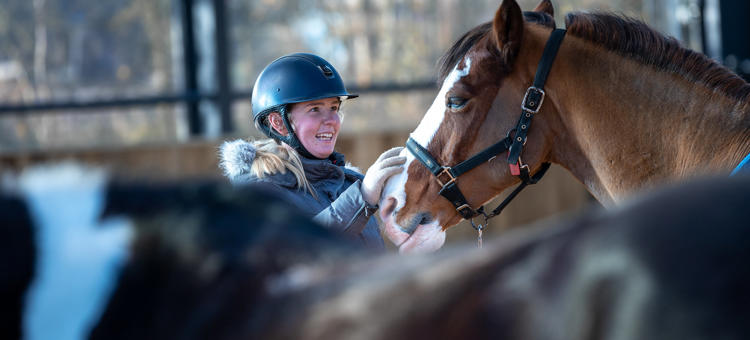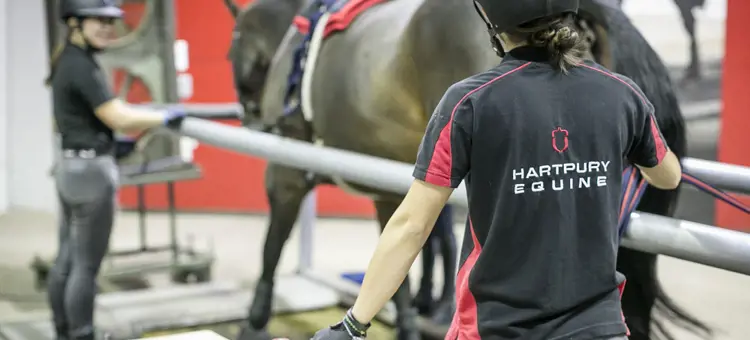Your career
You’ll have opportunities to develop your skills in the real-world, whether with our horses, riders and coaches on campus or via our industry links further afield. This includes equine therapists, charities, competition and leisure centres, services (policing and military) and organisations using working equids in the developing world.
Work experience
Our commercial equine therapy centre and rider performance centre offer opportunities for students to gain industry experience to support their careers. With teams made up of expert personnel alongside volunteers, you could have the opportunity to get hands-on with clinical cases and to network with the range of allied professionals that involved in the training, rehabilitation and management of the horses, including coaches, veterinarians, farriers, nutritionists and more.
Furthermore, opportunities exist to gain valuable industry experience by volunteering at the national and international level events hosted by our Equine Centre. These include the NAF Five Star Hartpury Horse Trials and the NAF Hartpury International Festival of Dressage.
Guest lecturers
Industry professionals form an important part of your learning, enabling you to gain insights into real-world practice. You'll hear from guest lecturers on this programme who are selected to extend your learning and professional networks, recently including physical therapists, veterinary surgeons and research scientists within the field of equine behavioural science.
Field trips
Recent field trips on our postgraduate equine courses have included visits to places such as Redwings Horse Sanctuary, Tweenhills Farm and Stud, and Kingswood Stud, home of the Kurtsystem. The trips facilitate both industry networking and the opportunity to experience the application of science in practice with those using it on a daily basis.
Conferences and events
You'll be encouraged to take an active role in industry events and conferences. Students often present their dissertations and research projects at conferences - this is great experience for their CV and helps them to develop their reputation in the animal sector. Recent conferences attended including our own annual Alltech-Hartpury Student Research Conference and the global International Society of Equitation Science conference.
Graduate destinations
As a graduate, you'll be ready to progress directly into the field of equitation science as follows:
- Welfare and Research Officer, Equine Welfare Charity
- Educational Officer
- Training and Rehabilitation Manager
- University Lecturer
Please note that postgraduate diploma and certificate student opportunities may differ, depending on modules studied.

